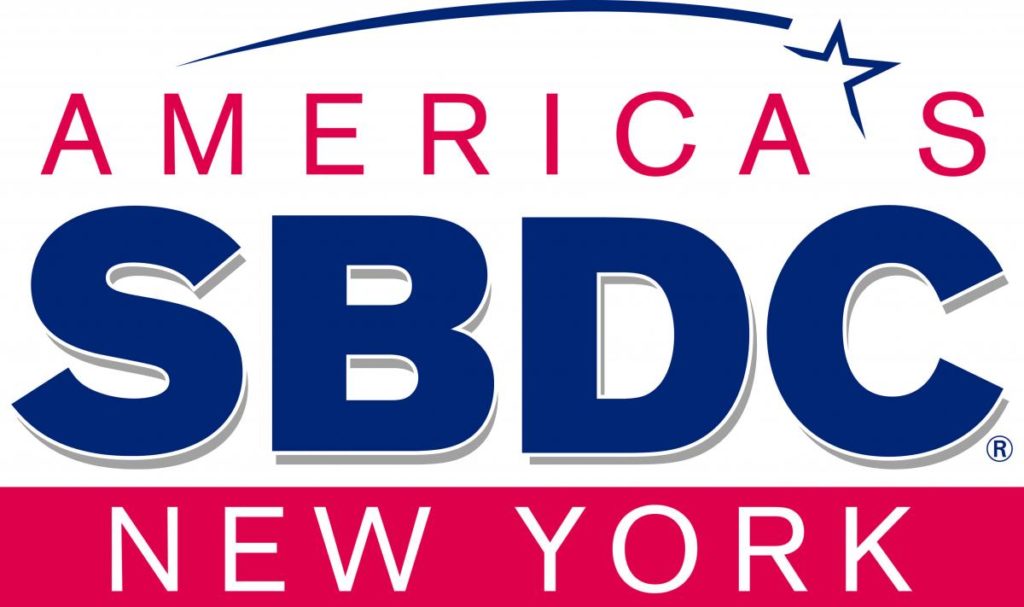One of the more significant challenges for small businesses providing services to the government is securing adequate bonding and insurance coverage. When planning to provide a service to the government, plan to secure additional insurance. If the proposed services are construction or construction related, then also plan to secure bonding. The type of services provided, and the government assessed risk, will usually determine the required coverage amounts that are set forth in each government contract. Surety Bonds and Certificates of Insurance do not provide the same assurances.
Surety Bonds provides assurance that the contractor can complete the work and pay the bills associated with the project. A bond is an agreement between the contractor, the surety, and the contracting agency. There are three basic types of surety bonds: (1) performance, (2) payment, and (3) bid. The performance bond provides protection for the contracting agency from financial loss, in the event that the contractor fails to perform the work in accordance with the contract terms and conditions. The payment bond assures that the contractor will pay its subcontractors, laborers and material suppliers involved in the contracted work. The bid bond assures that the contractor will enter into the contract, in good faith, at the bid price. The cost of a bond usually ranges between 1% and 3% of the total contract price, and in many instances, is a pass through project cost. Three key pre-qualifiers for bonding include review of the small businesses’ capacity, financial strength, and relevant past performance.
Contrastingly, Certificates of Insurance provide assurances that the contractor maintains coverage against claims for bodily injury and/or property damages, most commonly. The Certificate of Insurance is an agreement between the insurance agent and the business. There are many types of insurances that governmental entities may require, however, the most frequently used include: commercial general liability, automobile liability, and workman’s compensation. Be prepared to have your insurance policies include a provision for naming “additional insureds”, with respect to the particular government agency engaged in the contract (with the exception of workman’s compensation). The liability thresholds usually range between $2 million and $5 million. Most government contracts request proof of insurances using the “Accord” form, which is most widely used and provided by the insurance agent.
The cost of insurance and bonding should be carefully shopped alike any other purchased product. Both are required to be rendered prior to entry on government property or commencement of the services. The cost of the investment in these products should commensurate with the value-added when acquiring increasingly more lucrative government contracts. Until such time that a small business owner can attain sufficient bonding, a business may still participate in the government procurement process by only bidding work where bonding is not required, or as a sub-contractor, bid under a prime contractor’s bond.
The NYS Small Business Development Center provides specialized assistance to small and /or disadvantaged firms interested in supplying goods and services to federal, state and local government. The counseling includes helping businesses interpret and prepare for engaging in the bid process and support to win and fulfill contracts profitably.
Vanessa S. Primus
NY SBDC
Certified Business Advisor
Procurement Specialist
Contact: http://mid-hudson.nyssbdc.org

